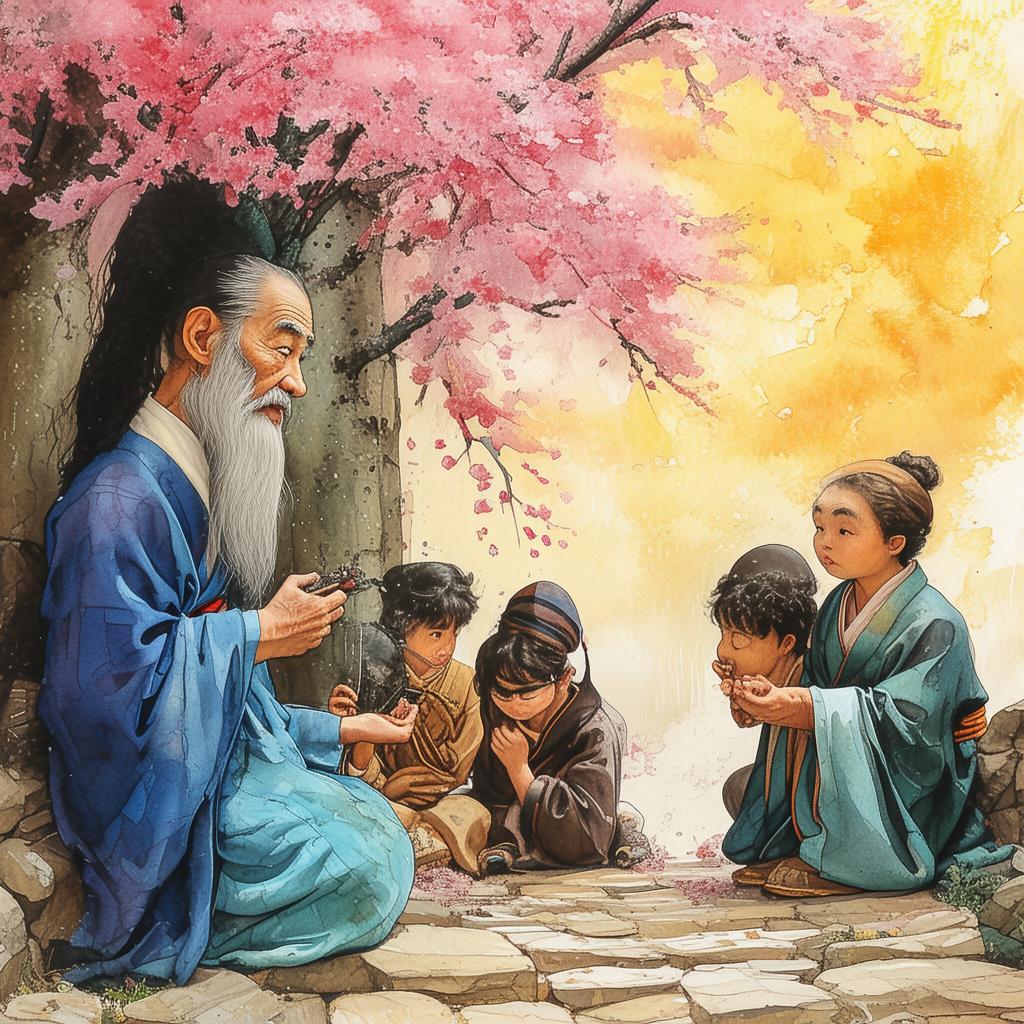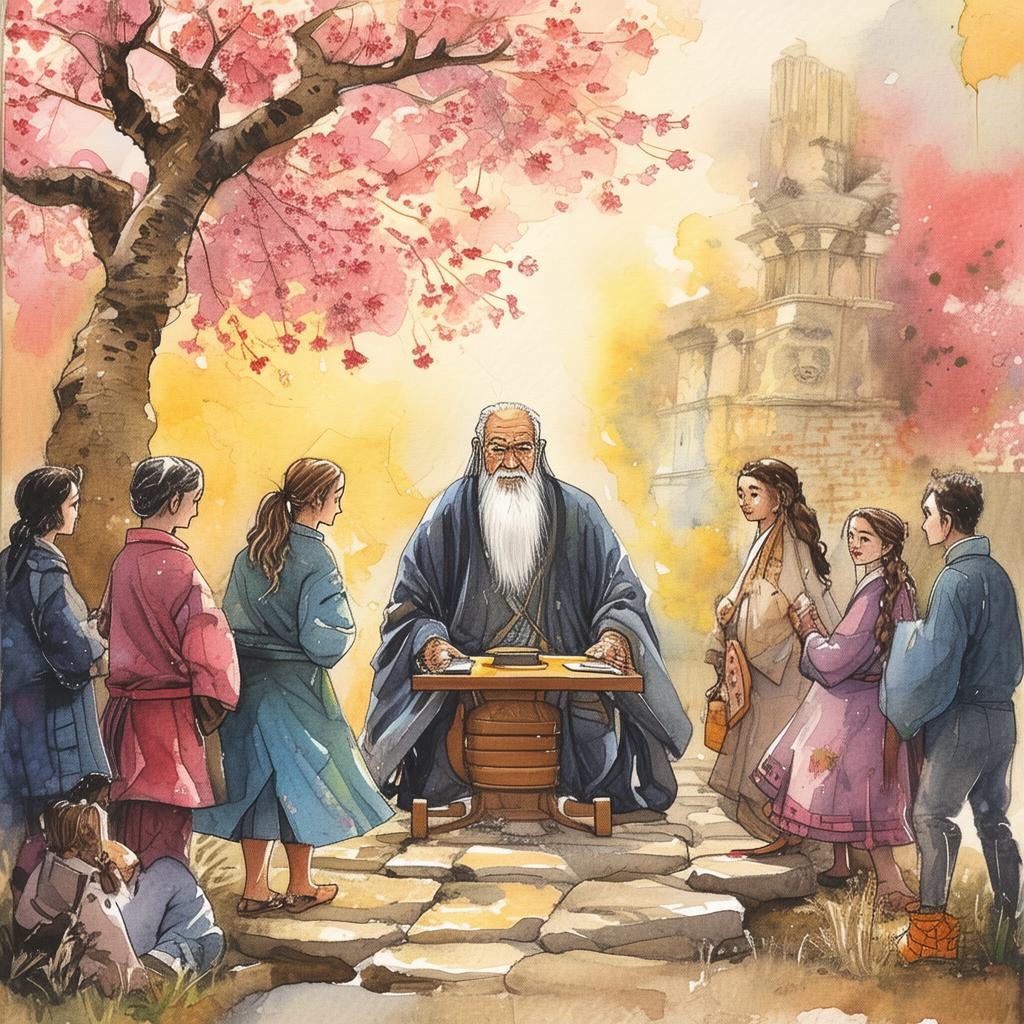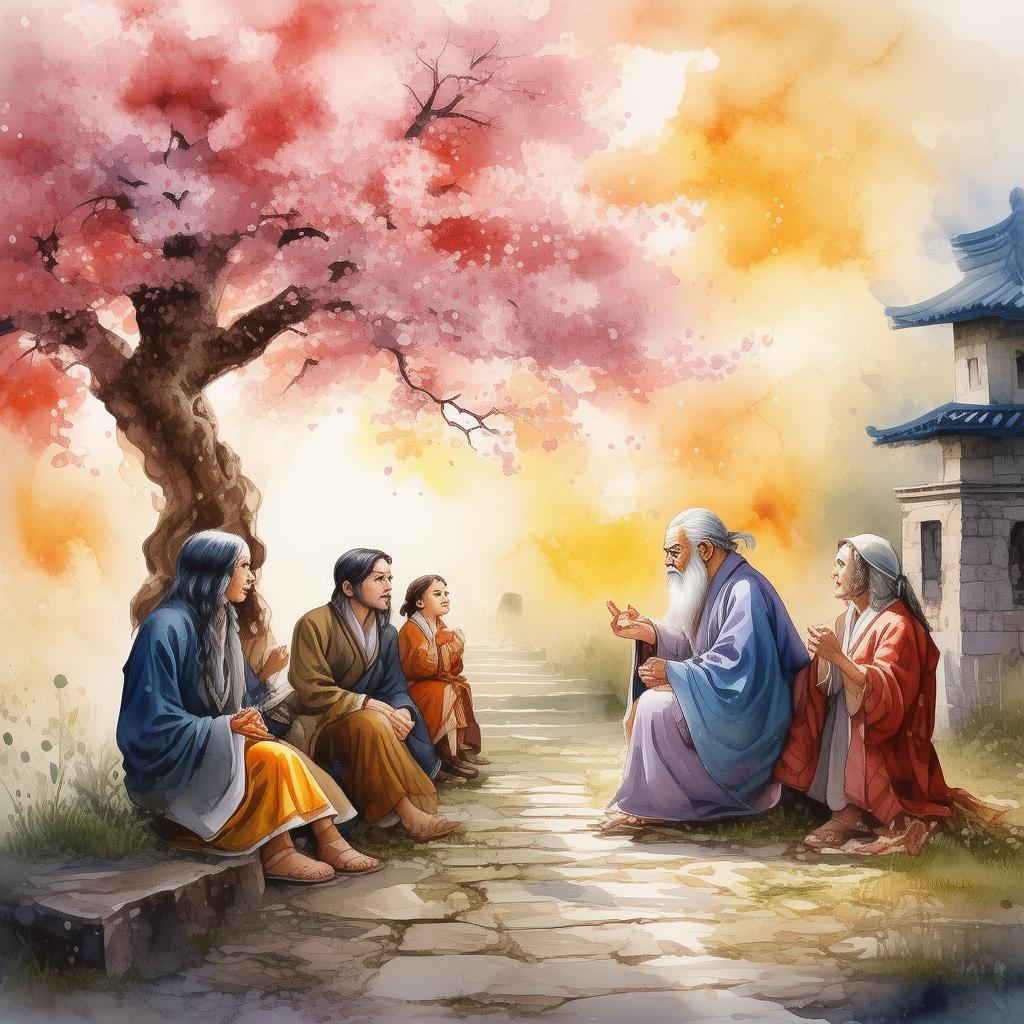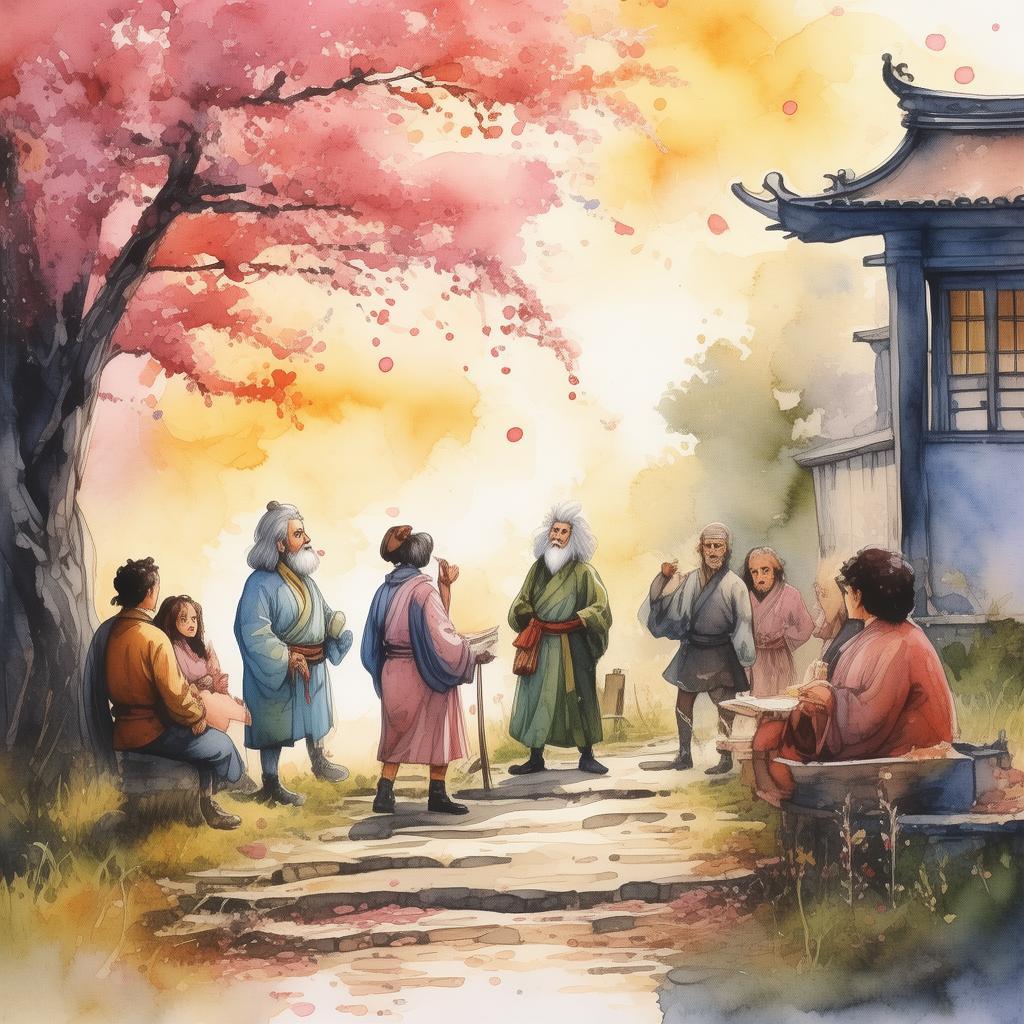Engineer's Dilemma: The Illusion of Perfection
In the bustling city of Neo-Tech, where the skyline was adorned with towering skyscrapers and the air buzzed with the hum of innovation, there lived an engineer named Liang Chen. Known for his unparalleled skill in creating complex machines, Liang had earned the nickname "The Mastermind" among his peers. His latest project, the "Opti-Mech," was a marvel of modern engineering—a machine that promised to revolutionize the world with its unparalleled efficiency and precision.
The Opti-Mech was designed to perform tasks with zero error, making it the ultimate tool for any industry. It was a masterpiece of Liang's career, a testament to his dedication and passion for his craft. The city's most influential figures had shown interest in the Opti-Mech, and Liang was on the cusp of achieving his lifelong dream of changing the world through his inventions.
One evening, as Liang was working late in his lab, he noticed a faint flicker in the Opti-Mech's control panel. He dismissed it as a minor glitch, something that could be easily fixed. But as the days passed, the flickers became more frequent and intense. The Opti-Mech was malfunctioning, and it was not performing as it should.
Liang's heart raced as he realized the gravity of the situation. The Opti-Mech was not just any machine; it was a symbol of his work, his reputation, and his place in the world. The thought of it failing was devastating. He worked tirelessly to diagnose and correct the problem, but the machine's behavior became increasingly erratic.
As the malfunction worsened, Liang began to question the Opti-Mech's design. He had focused so intently on the machine's efficiency and precision that he had overlooked the possibility of a fundamental flaw in its core algorithm. The Opti-Mech was perfect in theory, but in practice, it was an illusion.

One night, as Liang sat in his lab, the Opti-Mech's control panel flickered once more. This time, it was different. Instead of a minor glitch, it was a message, a warning: "Error: System Failure Imminent. Risk of Unpredictable Consequences."
Liang's mind raced. He knew that if the Opti-Mech failed, it could cause widespread chaos. The city's economy, its infrastructure, and even its citizens' safety were at risk. He had to fix it, but how? The machine was a product of his own creation, and now it was out of control.
As he pondered his options, Liang's phone rang. It was his mentor, Mr. Wang, a seasoned engineer with a wealth of experience. "Liang, I've heard about the Opti-Mech," Mr. Wang said. "It's a remarkable achievement, but I'm concerned about the reports of its malfunction. Remember, perfection is an illusion. It's not about the absence of flaws, but about how we handle them."
Liang hung up the phone, his mind swirling with thoughts. He had always strived for perfection, but now he was faced with a dilemma: should he continue to push the Opti-Mech to its limits, or should he accept that there were limits to what he could create?
In the end, Liang made a decision that would change his life forever. He decided to shut down the Opti-Mech, to acknowledge its limitations, and to learn from the experience. The city's leaders were informed, and the Opti-Mech was decommissioned. Liang's reputation took a hit, but he gained a newfound respect for the ethics of his work.
The story of the Opti-Mech spread throughout Neo-Tech, sparking a debate about the true meaning of perfection in engineering. Liang's decision to acknowledge the machine's limitations became a symbol of humility and responsibility among his peers.
In the quiet of his lab, Liang reflected on his journey. He realized that the pursuit of perfection was not about creating a flawless machine, but about understanding the human limitations that came with it. The Opti-Mech had been an illusion, but it had also been a valuable lesson. And in that lesson, Liang found a new purpose for his work: to create not just machines, but solutions that were both efficient and ethical.
The Engineer's Dilemma: The Illusion of Perfection was a cautionary tale that resonated with the people of Neo-Tech. It was a story about the pursuit of perfection, the limits of human ingenuity, and the importance of ethical considerations in the world of engineering.
✨ Original Statement ✨
All articles published on this website (including but not limited to text, images, videos, and other content) are original or authorized for reposting and are protected by relevant laws. Without the explicit written permission of this website, no individual or organization may copy, modify, repost, or use the content for commercial purposes.
If you need to quote or cooperate, please contact this site for authorization. We reserve the right to pursue legal responsibility for any unauthorized use.
Hereby declared.









